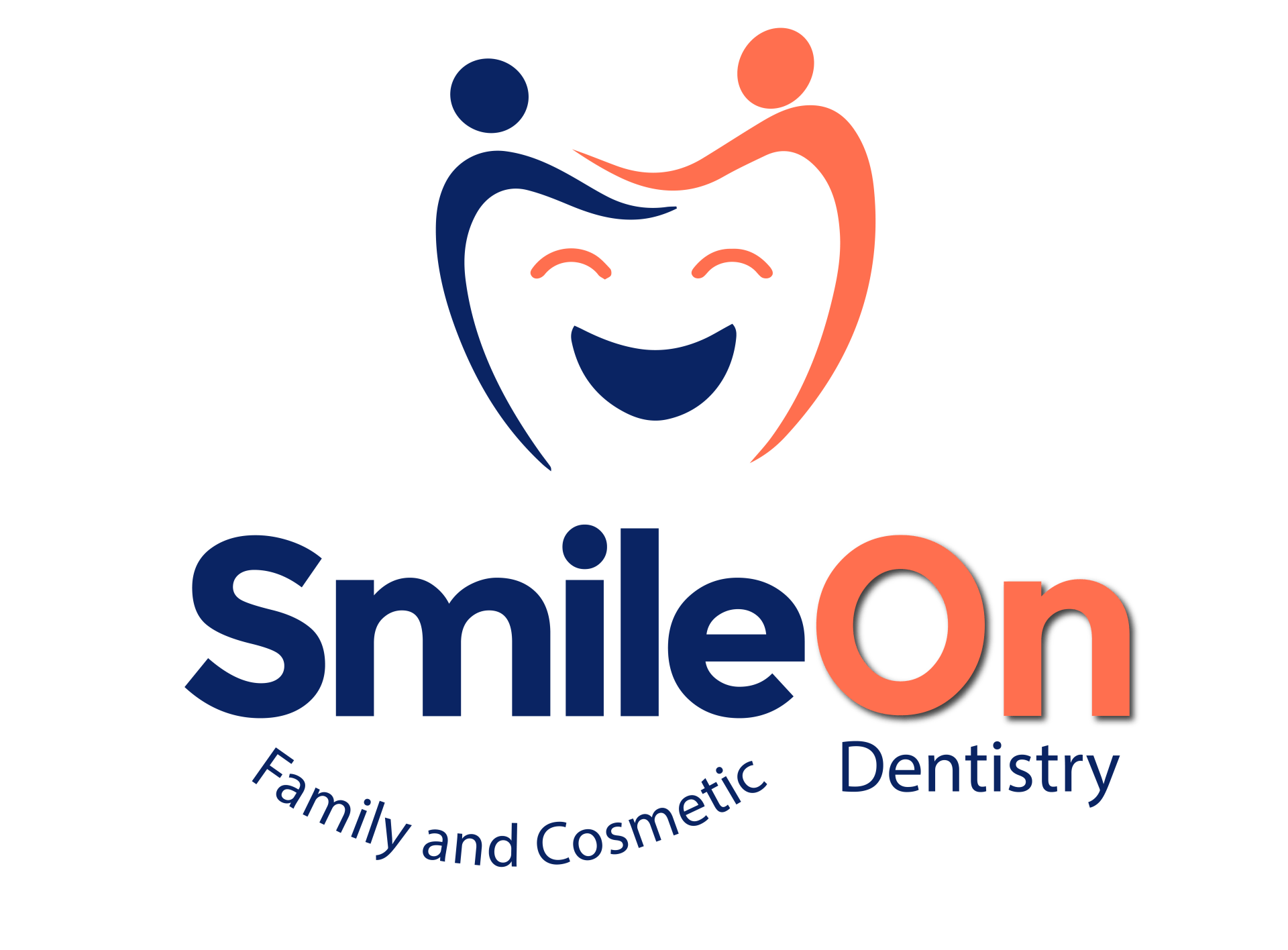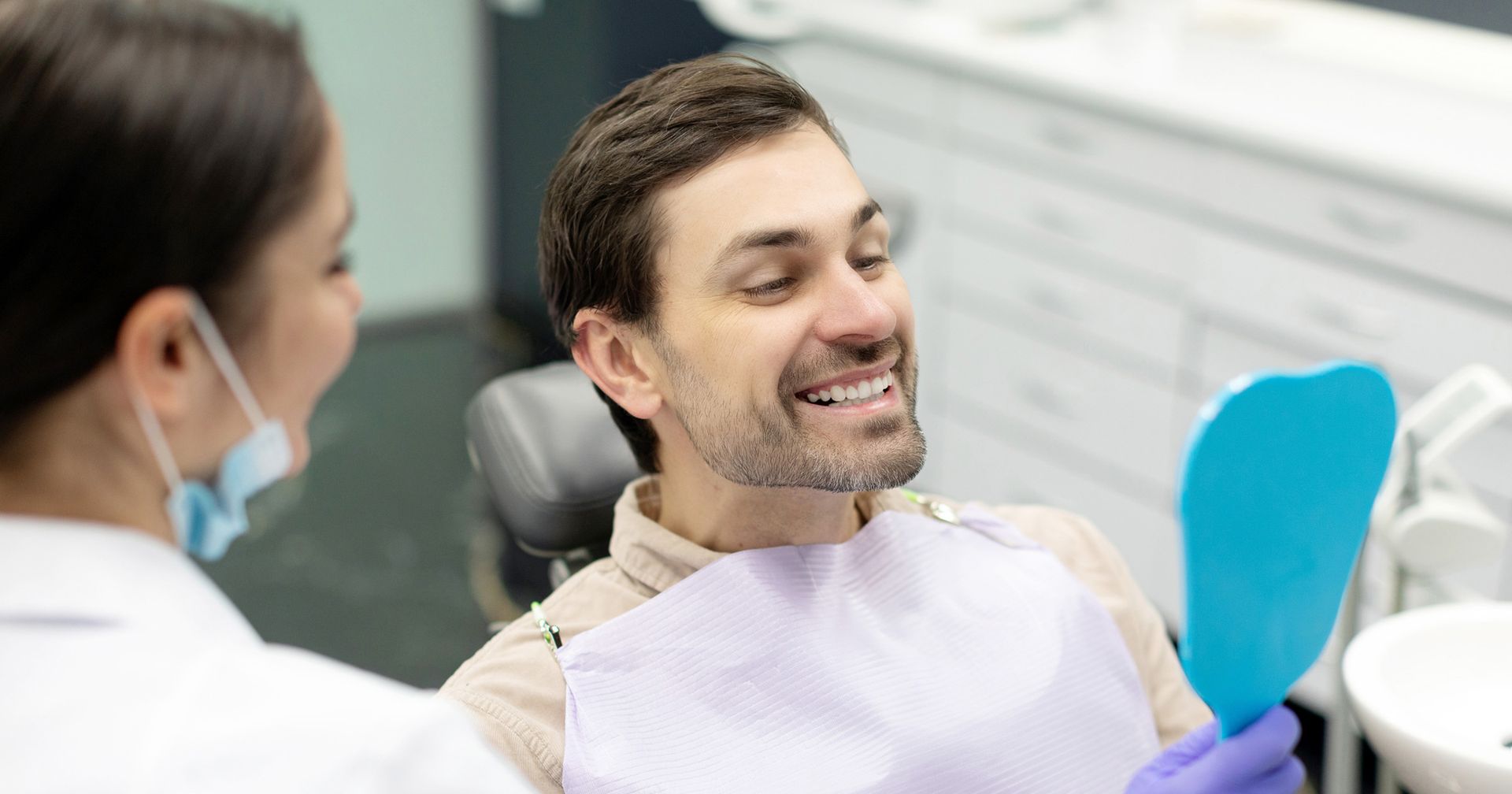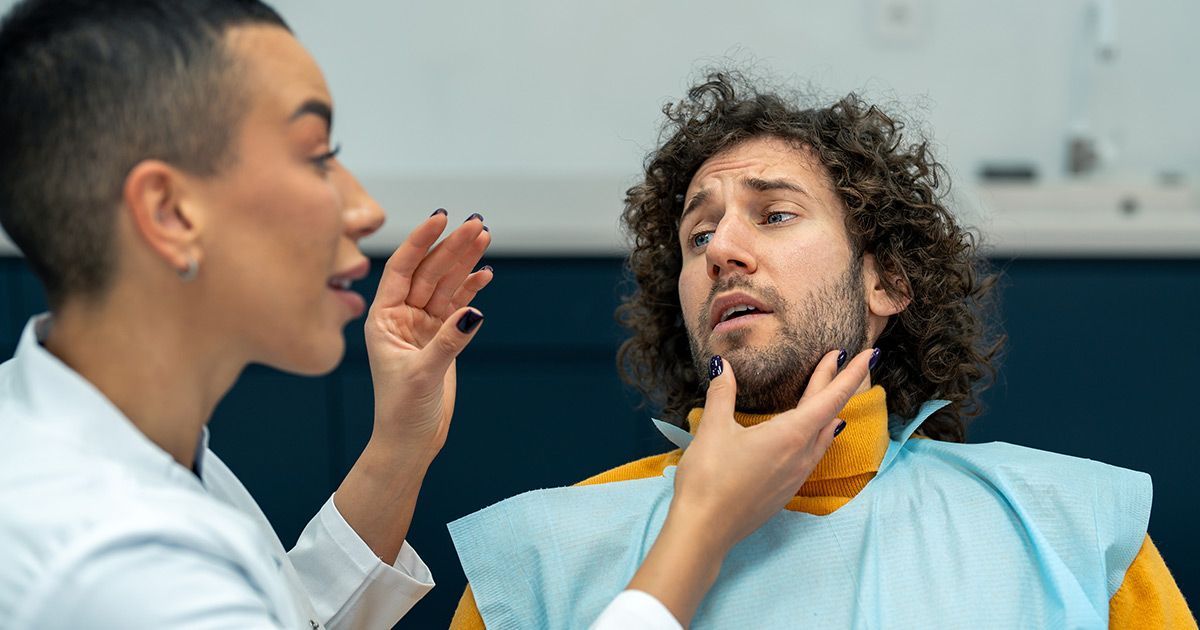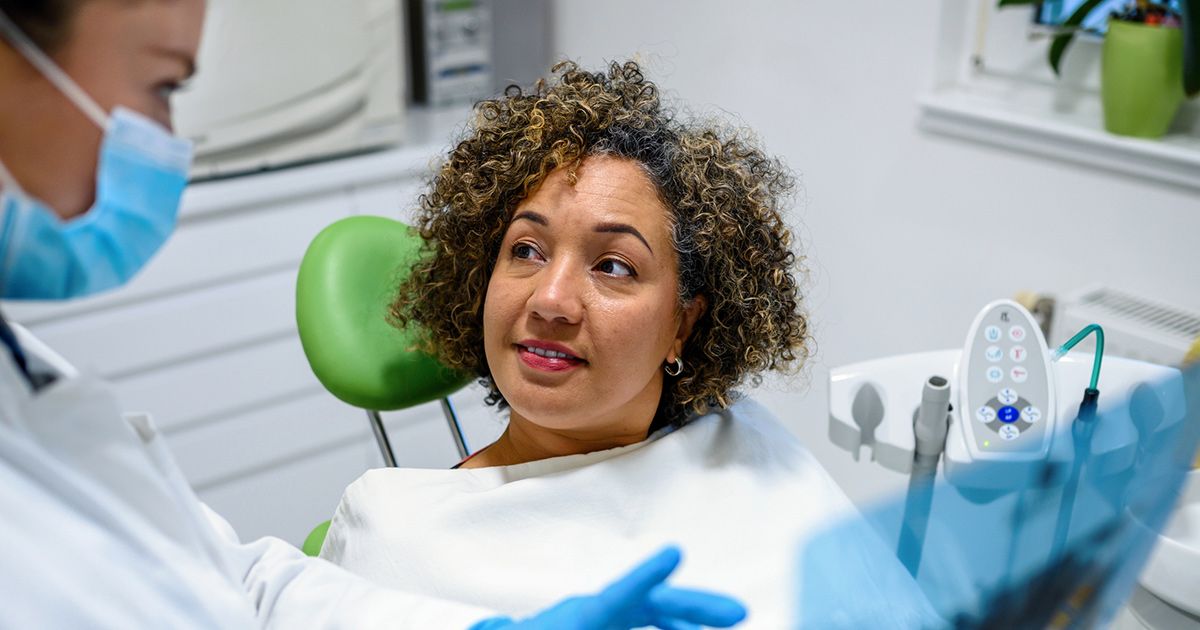Emergency Dentistry Services: The Key Questions to Ask
When it comes to emergency dentistry in Centreville, VA, there are several things you may want to bring up. Here are the important questions.
Slips, trips, and falls can cause more danger than you might think. Whether you're working on a ladder to clean your gutters or you've slipped on a slick floor at work, these accidents can cause major harm. In fact, falls are the second leading cause of unintentional injury-related deaths in the U.S.
In some cases, a bad call can lead to more than bruises and broken bones. Trauma to the mouth during a fall or accident can cause serious damage and pain.
That's where emergency dentistry services come in.
Immediate treatment can reduce your risk of complications, but it's not always clear what to expect. If you're dealing with the aftermath of oral trauma, here are a few questions to ask your dentist while you're making your appointment.
Is This a Dental Emergency?
First things first: are you experiencing a dental emergency?
Certain dental problems can throw patients into a panic, but not every incident needs emergency care.
For example, minor tooth chipping that doesn't go past the enamel isn't an emergency unless you're in pain. The same is true when your filling, crown, or bridge falls out without pain. You also don't need to see a dentist right away for dull sensitivity or a broken denture.
However, there are several cases where you should make an appointment as soon as possible:
- A chipped, fractured, or cracked tooth that hurts
- A severely loose or knocked-out tooth
- Swelling of the gums, face, and/or jaw
- Extreme pain in or around a tooth
These dental emergencies always require a dentist. However, if you also experienced trauma or cuts to your face in an accident, visit an emergency room.
Your local ER can also help if swelling or an infection is affecting your breathing.
What Can I Do to Preserve My Tooth?
While you're scheduling your emergency dentistry appointment, it's helpful to find out what you can do to preserve your tooth.
If you've experienced dental trauma that knocked out a tooth, your dentist may be able to put it back in place. This only works if you act fast to protect your missing tooth.
Your dentist will probably have you rinse your tooth in water, though you should avoid scrubbing it or touching the root.
In some cases, your dentist may advise you to re-implant the tooth yourself. This gives it the best chance of survival until you can get treatment. Be gentle and push it in place without forcing it.
If you can't get your tooth back in or your dentist advises you not to re-implant it, you should place the tooth in a cup with a bit of milk until you can reach your dentist's office.
How Can I Treat My Pain at Home?
If you've reached out to an expert team like SmileOn Dentistry for emergency treatment, you should be able to get an appointment fast. Often, you'll be able to get same-day treatment.
However, if you have to wait a few hours for treatment, find out how you can manage any pain at home.
Pain Medication
Your dentist may advise you to take over-the-counter painkillers. These can relieve pain and swelling.
However, they may have special instructions on which types of painkillers to take, as some options also act as blood thinners. Taking these medications can influence blood clotting if you need dental surgery. Acetaminophen (Tylenol) is often your best bet for pain relief before an emergency visit.
Ice Therapy
Ice packs are tried-and-tested pain relief methods. As a bonus, ice can help relieve any swelling you're experiencing.
Make sure you place your ice pack against the outside of your mouth, never against the gums or the tooth itself. You should only use ice therapy for fifteen minutes at a time, taking frequent breaks to protect your skin.
Salt Water Rinse
Depending on why you need an emergency visit, your dentist may advise a salt water rinse. This can help remove harmful bacteria and clean your teeth, preventing infection and further pain.
To perform a salt water rinse, use eight ounces of warm water and one teaspoon of salt.
How Will You Treat My Tooth?
Because there are so many reasons patients need it, emergency dentistry can cover a lot of ground. What can your dentist tell you about your treatment options?
Depending on the nature of your emergency, you may need anything from a filling to a
tooth extraction. Your dentist will likely prescribe antibiotics and stronger pain relievers to help address any lingering issues.
Will I Need Follow-Up Care?
In many cases, going to the dentist once for emergency care will be enough. If you've gotten a root canal, for example, you may not need to return to the dentist's chair until your next routine cleaning.
However, you may need a follow-up visit for certain types of trauma. This can help your dentist preserve your healthy teeth, check for infections, or perform any follow-up treatments. You should also ask your dentist what you can do on your own to care for your teeth.
How Long Will It Take to Recover?
For minor emergencies, you may not need long to recover from any trauma. Your dentist may be able to address any issues in a single appointment, though the pain may take a day or two to fade.
In more severe emergencies, you may need several days or weeks to recover. This is often the case when damage to your teeth requires emergency surgery. If the procedure involves removing part of your jawbone, recovery may take months.
Be sure to talk with your dentist about your recovery outlook and what, if anything, you can do to speed up your timeline.
Get Emergency Dentistry in Centreville, VA
No matter what caused your dental trauma, you don't have to deal with it alone. Reaching out to an emergency dentist with questions can help you understand your options and feel more comfortable about your treatment.
When you're dealing with oral pain or trauma, reach out to SmileOn Dentistry for help. We're proud to offer same-day emergency dentistry in Centreville, VA to help patients deal with pain or discomfort. Book your appointment online or
contact us with questions today.












